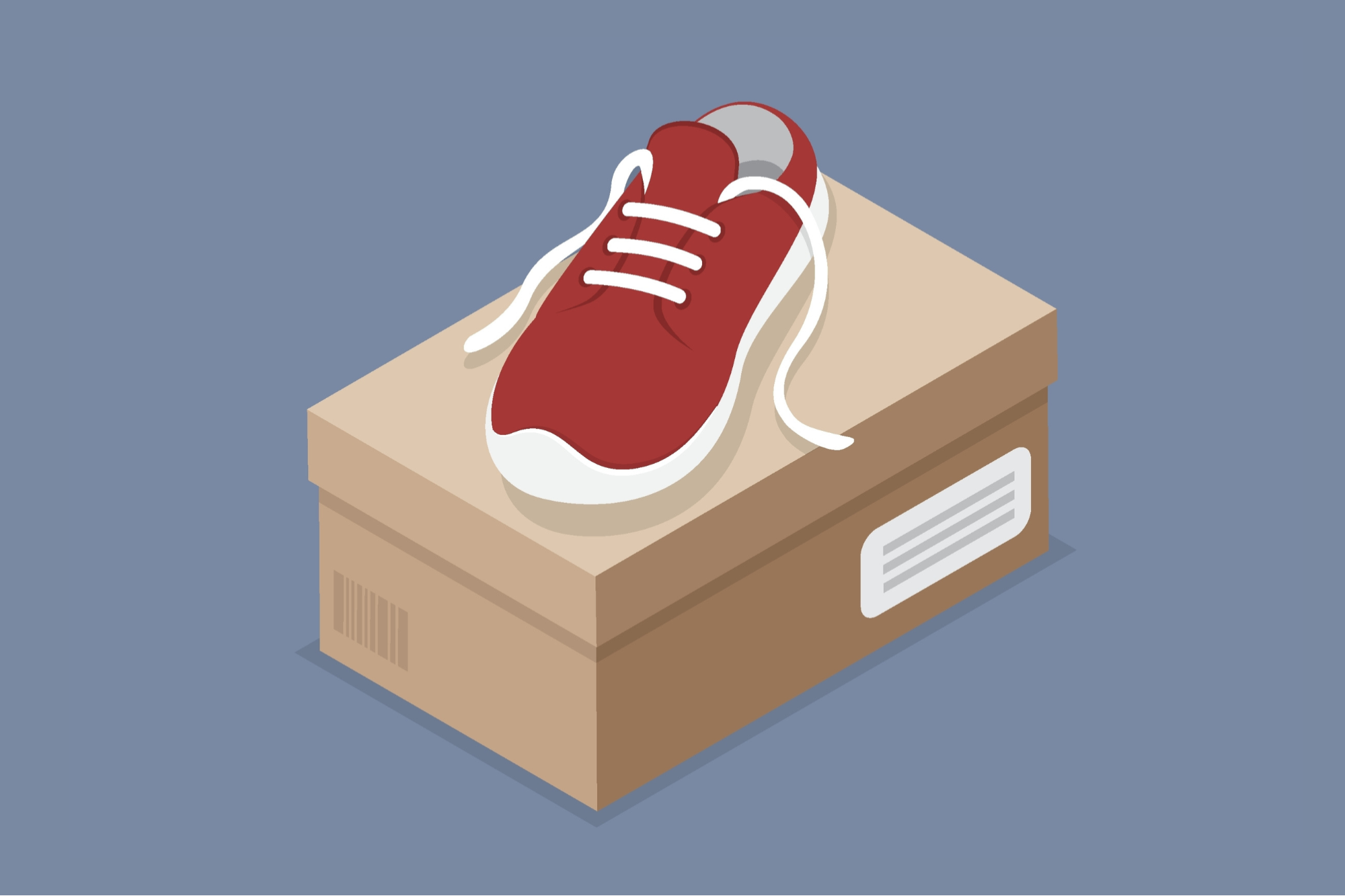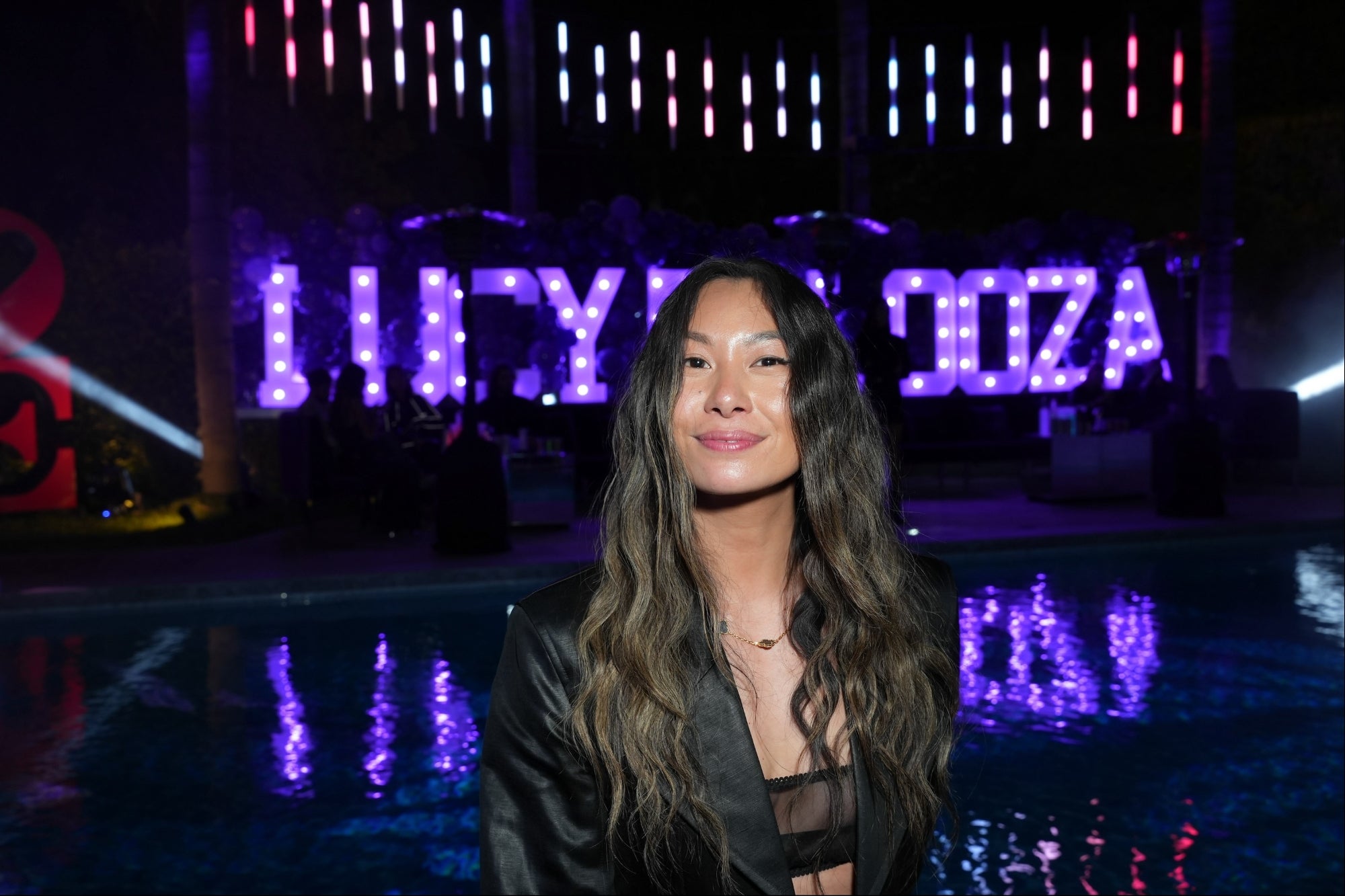Leading the Charge: How Strategic Vision is Reshaping Sports Retail in the Middle East The Middle Eastern sportswear market is on a steep upward trajectory.
Opinions expressed by Entrepreneur contributors are their own.
You're reading Entrepreneur Middle East, an international franchise of Entrepreneur Media.

The Middle East's sports retail landscape is experiencing a major shift, driven by changes in consumer behaviours, rapid technological advancements, and new market dynamics. Once defined by traditional retail experiences, the sector is now being reshaped by a growing demand for health and wellness, thoughtful brand partnerships, and the rise of e-commerce. These shifts are providing opportunities for businesses willing to innovate and adapt to the progressing market.
The rise of health and wellness
Demand for sports and wellness products is growing across the Middle East, as more people embrace active living and prioritise their well-being. In fact, the UAE's health and wellness retail market was valued at $2.75 billion in 2023 and is set to grow to $3.7 billion by 2025.
This growing momentum is evident in the surge of large-scale events and lifestyle shifts. From initiatives like the Dubai Fitness Challenge, Riyadh Marathon and Dubai Marathon, to experiential wellness festivals in AlUla and mountain retreats in Hatta – health and well-being have become key contributors to how people live, connect, and engage with their communities.
Moreover, lifestyle and culture events like Sole DXB in Dubai and BRED Abu Dhabi gain prominence, celebrating the intersection of sports, street culture, music, and wellness. These dynamic festivals highlight how youth culture, fashion, and athleticism are blending into one ecosystem, setting new standards for brand engagement.
For businesses and retailers, this evolving landscape presents a unique opportunity for businesses and retailers to create experiences that transcend traditional transactions. Brands that successfully engage with this lifestyle can forge deeper connections with today's more mindful consumers, positioning themselves at the forefront of a rapidly changing market.
Driving growth through strategic partnerships
To support this, partnerships between regional and international players are becoming critical engines of growth and innovation. These collaborations are allowing brands to deliver more diverse, lifestyle-led propositions.
GMG's own identity is deeply rooted in this dynamic. Having a robust presence with over 550 stores across the Middle East, North Africa, Southeast Asia and Hong Kong, our growth is powered by exclusive partnerships with over 90 top international brands — including Nike, Timberland, Columbia, and JD Sports — and bolstered by homegrown concepts like Sun & Sand Sports that speak directly to our regional consumer base.
Strategic partnerships have been a cornerstone of our expansion. Our four-decade relationship with Nike has made us one of its largest and oldest distributors globally, allowing us to bring world-class innovation and performance products to our communities. Similarly, our new partnership with the UK's Frasers Group will introduce Sports Direct to the Middle East, reinforcing our commitment to delivering globally relevant yet locally resonant retail experiences. It ties back to our strategic vision to be the number one sports player across all markets we operate in, providing inspiration and innovation through products and experiences.
Together, we're co-creating a retail experience that reflects the region's unique consumer mindset — one that values authenticity, quality, and meaningful connection.
At the same time, local partnerships are just as important. We're seeing the emergence of value retail and growing interest in locally produced and homegrown concepts. Staying close to communities and working with local brands allows us to respond faster and offer what people truly want.
Ultimately, the future of retail lies in this balance. Global expertise combined with local insight is shaping a new standard — one that's digitally connected, wellness-driven, and focused on delivering experiences that matter.
E-commerce is transforming the consumer experience
The rapid growth of e-commerce is a game-changer for sports retail in the region. In 2024, the regional Average Order Value (AOV) increased from $30 in 2023 to $35.6 in 2024, with the UAE rising from $89 to $102 and Saudi Arabia from $49.6 to $52.5, reflecting strong customer spending within the region. The MENA e-commerce market saw a 30%+ increase in online orders, with Saudi Arabia and the UAE leading in Gross Merchandise Value (GMV), and is expected to expand further in 2025.
But today's consumers want more than just convenience. They expect seamless integration between digital and physical retail. The ability to browse online, try products in-store, and then choose between home delivery or in-store pick-up is now standard, and brands that can deliver these omnichannel experiences are building deeper, more lasting relationships with their customers.
Just as important is personalisation. As technologies like AI and data analytics advance, brands that offer tailored experiences will lead the way. In sports retail, this means anticipating customer preferences, recommending products that align with fitness goals, and creating journeys that feel both relevant and rewarding. In a region where wellness is becoming a lifestyle — and not just a trend — these experiences are already shaping how people shop and engage with brands.
The future of sports retail in the Middle East
The Middle Eastern sportswear market is on a steep upward trajectory — from $5 billion in 2020 to a projected $17 billion by 2028, with a CAGR of over 6%. But this growth isn't just about selling more apparel or gear. It's about building a connected ecosystem that supports every aspect of consumers' lives — from health and fitness to community engagement and performance.
We're already seeing this shift unfold. Across the GCC, governments are investing heavily in sports infrastructure — stadiums, training facilities, and global events like the FIFA World Cup and Formula One. These investments are energising local economies and reshaping the regional retail landscape.
This transformation, however, is not the work of one player alone. It's a collective movement — brands, governments, innovators, and consumers working together. The companies that will define the next era of sports retail are those that embrace collaboration, invest in technology, and champion wellness and sustainability.
Because in the end, the future belongs to those who not only keep up with change — but help lead it.












